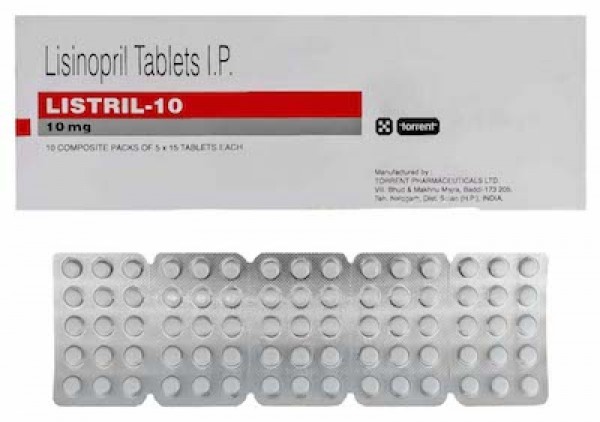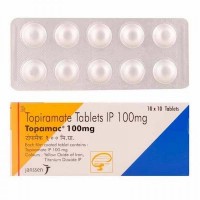Lisinopril is in a group of drugs called ACE inhibitors. ACE stands for angiotensin converting enzyme.rnLisinopril is used to treat high blood pressure (hypertension), congestive heart failure, and to improve survival after a heart attack.rnLisinopril may also be used for purposes other than those listed in this medication guide.
The health and medical information provided here is for general purposes only and is not a substitute for the expertise and judgment of your physician, or other health care professional. It should not be understood to indicate that the use of this medicine is safe, appropriate or effective for you. Always consult your health care professional before using this, or any other, drug.
Do not use this medication without telling your doctor if you are pregnant or planning a pregnancy. Lisinopril could cause birth defects in the baby if you take the medication during pregnancy. Use an effective form of birth control. Stop using this medication and tell your doctor right away if you become pregnant during treatment.rnAvoid drinking alcohol. It can further lower your blood pressure and may increase some of the side effects of lisinopril. Do not use salt substitutes or potassium supplements while taking lisinopril, unless your doctor has told you to.rnVomiting, diarrhea, or heavy sweating can cause you to become dehydrated. This can lead to very low blood pressure, electrolyte disorders, or kidney failure while you are taking lisinopril. Drink plenty of water each day while you are taking this medication.
Get emergency medical help if you have any of these signs of an allergic reaction: hives; severe stomach pain; difficulty breathing; swelling of your face, lips, tongue, or throat. Call your doctor at once if you have any of these serious side effects:rnfeeling light-headed, fainting;rnurinating more or less than usual, or not at all;rnfever, chills, body aches, flu symptoms;rntired feeling, muscle weakness, and pounding or uneven heartbeats;rnchest pain; orrnswelling, rapid weight gain.rnLess serious lisinopril side effects may include:rncough;rndizziness, drowsiness, headache;rndepressed mood;rnnausea, vomiting, diarrhea, upset stomach; orrnmild skin itching or rash.
Take this medication exactly as it was prescribed for you. Do not take the medication in larger amounts, or take it for longer than recommended by your doctor. Follow the directions on your prescription label.rnYour doctor may occasionally change your dose to make sure you get the best results from this medication.rnTake each dose with a full glass of water.rnLisinopril can be taken with or without food.rnVomiting, diarrhea, or heavy sweating can cause you to become dehydrated. This can lead to very low blood pressure, electrolyte disorders, or kidney failure while you are taking lisinopril. Drink plenty of water each day while you are taking this medication.rnTo be sure this medication is helping your condition, your blood pressure will need to be checked on a regular basis. Your kidney or liver function may also need to be tested. Do not miss any scheduled visits to your doctor.rnIf you need to have any type of surgery, tell the surgeon ahead of time that you are taking lisinopril. You may need to stop using the medicine for a short time.rnIf you are being treated for high blood pressure, keep using this medication even if you feel fine. High blood pressure often has no symptoms.rnStore lisinopril at room temperature away from moisture and heat.






